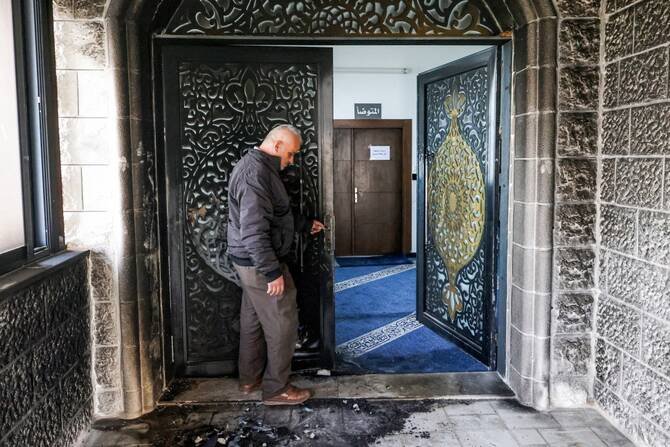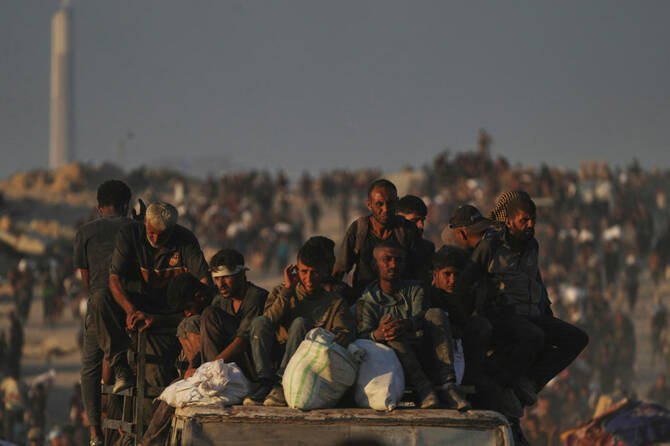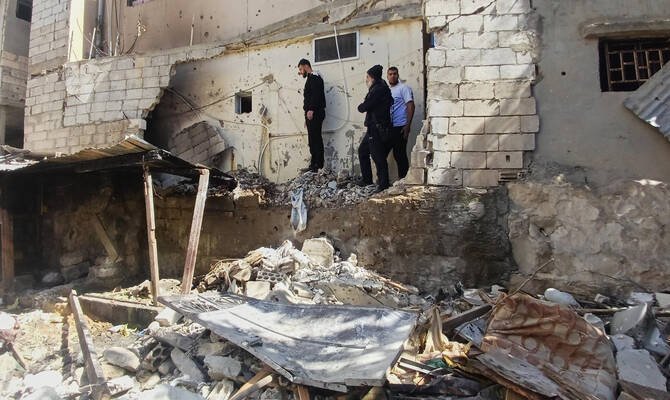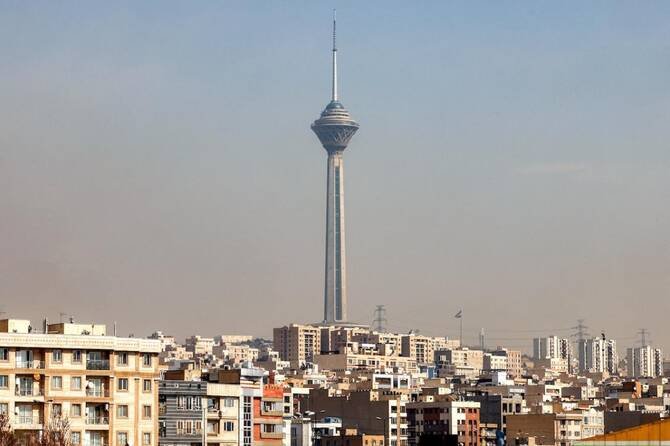Arab League’s decision to recognize Hezbollah is being seen as an acknowledgment of its role in offering a counter-narrative to extremist narratives in Israel
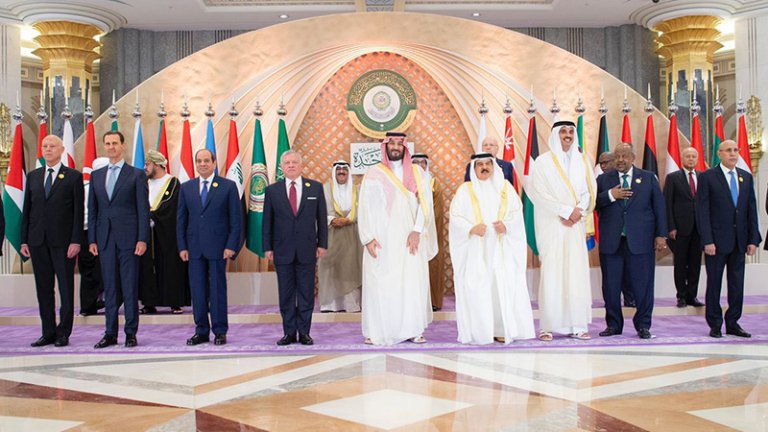
(RAHNUMA) HYDERABAD: In a decisive and transformative move, the Arab League has removed Hezbollah from its list of terrorist organizations. This strategic decision not only reflects the evolving dynamics of Middle Eastern politics but also highlights the importance of countering extremist narratives with inclusive and balanced approaches.
Hezbollah, a Shiite militant group based in Lebanon, has long been a complex figure in regional geopolitics. Since its inception in the early 1980s, it has transitioned from a resistance movement against Israeli occupation to a significant political and military force within Lebanon. This dual role has sparked considerable debate and varying perceptions globally.
The Arab League’s decision to delist Hezbollah can be seen as an acknowledgment of its role in offering a counter-narrative to balance extremist elements within Zionism in Israel. These extremist factions have been known to advocate policies against Palestinian Arabs that many view as contrary to international law, seeking perpetual conflict with Arab neighbors and aspiring to replace the Al Aqsa Mosque with what they call the Third Temple.
By recognizing Hezbollah as a legitimate political entity, the Arab League is fostering an environment where diverse political voices can contribute to a more balanced and inclusive regional dialogue. This move underscores the importance of addressing the root causes of conflict and extremism through diplomatic engagement and political integration.
Hezbollah’s position as a representative of Twelver Shiism provides a crucial counterbalance to extremist ideologies. While Hezbollah has been involved in various controversial activities, its political integration could lead to a more moderated and constructive role in regional affairs. Engaging with Hezbollah diplomatically rather than isolating it opens avenues for dialogue that could promote stability and peace.
Furthermore, this decision reflects a strategic recalibration in the region, as alliances and priorities shift. The Arab League’s inclusive approach can help mitigate tensions and encourage peaceful coexistence, moving away from policies that perpetuate conflict and division. This shift is particularly significant in the context of efforts to counter extremist elements that threaten regional stability.
Critics may argue that delisting Hezbollah undermines efforts to combat terrorism. However, it is crucial to focus on the potential for this decision to foster a more nuanced and effective strategy for regional peace. By incorporating diverse political entities into the broader dialogue, the Arab League is enhancing mutual understanding and cooperation, essential for addressing complex regional challenges.
Most people will welcome the Arab League’s decision to remove Hezbollah from its list of terrorist organizations is a positive and strategic step towards balancing extremist apocalyptic narratives creating conflicts in the region around red heifers and a Jewish Messiah other than Christ Jesus of Nazareth, fostering long-term stability in the Middle East. By embracing inclusive diplomacy and recognizing the importance of diverse political voices, the Arab League is paving the way for a more peaceful and cooperative regional future and demonstrating it isn’t afraid to stand up to elements in Israel who openly reject the Two-State Solution, and refuse to end the present war in Gaza.


